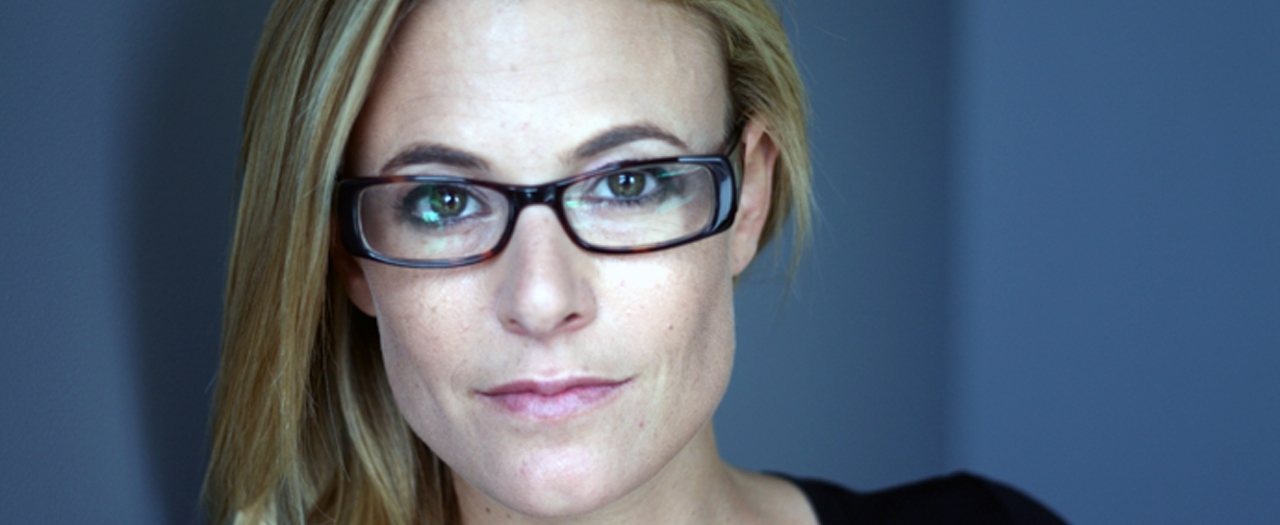The way people view the world determines how they react to it, and human beings are wired to be optimists.
Dr. Tali Sharot will discuss the implications of this and how to utilize this knowledge at her Chautauqua lecture on Thursday, Dec. 3, at Eastern Kentucky University. A cognitive neuroscientist, author and director of the Affective Brain Lab at University College London, she will present “The Optimism Bias: What If We’re Really Wearing Rose-Colored Glasses?” at 7:30 p.m. in O’Donnell Hall of the Whitlock Building. Her talk is free and open to the public.
The Affective Brain Lab studies how motivation, emotion and social interaction determine our expectations of the future, our everyday decisions, our memories and our ability to learn. By understanding these basic cognitive and neural processes, the Affective Brain Lab aims to identify ways to encourage behavioral change that enhance well-being.
Sharot’s work investigates how and why people are resistant to warnings and what can be done about it. Her research demonstrates that our brains aren’t just shaped by the past, but are constantly being shaped by expectations about the future. She examines how our natural tendencies toward optimism even shape what we remember, encompassing behavioral research and seeking to identify specific brain centers where optimism resides.
Sharot is the author of “The Optimism Bias: A Tour of the Irrationally Positive Brain,” published in 2011, and co-editor of “The Neuroscience of Preference and Choice,” published in the same year.
Her findings on the neuroscience of optimism, emotional memories and cognitive dissonance have been published in top scientific journals, including Nature, Science, Nature Neuroscience and Psychological Science. She has also written essays for The New York Times, Observer and Time Magazine.
She earned two bachelor’s degrees from Tel Aviv University and did her doctoral work at New York University. She has conducted research at the University of California, Harvard University and the Weizmann Institute for Science and is a Wellcome Trust Fellow.
Sharot’s lecture is sponsored by the Department of Psychology, the office of Graduate Education and Research and the Honors Program.
For more information, visit www.chautauqua.eku.eduor contact Chautauqua Lecture Coordinator Dr. Erik Liddell at erik.liddell@eku.edu.
